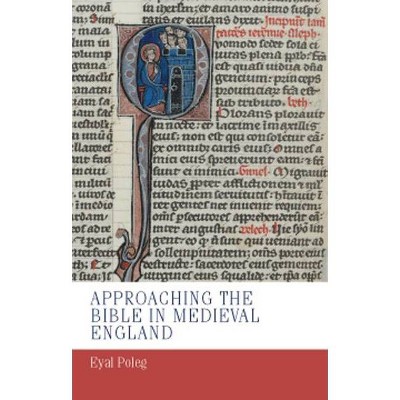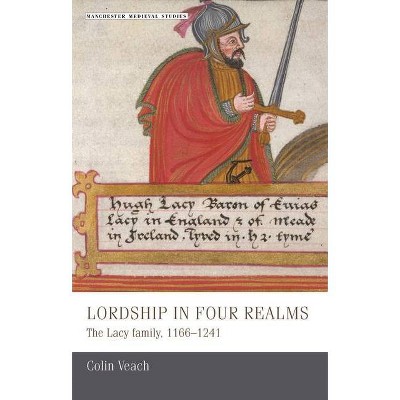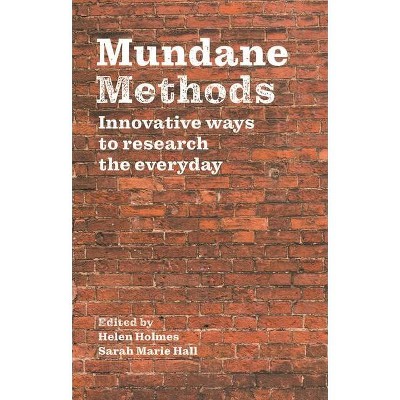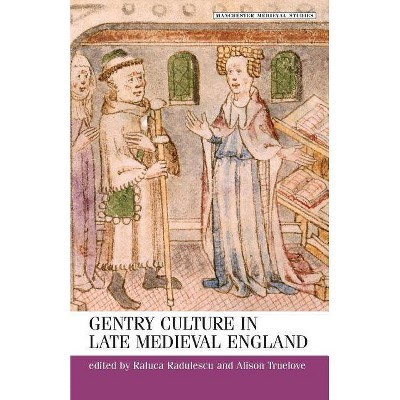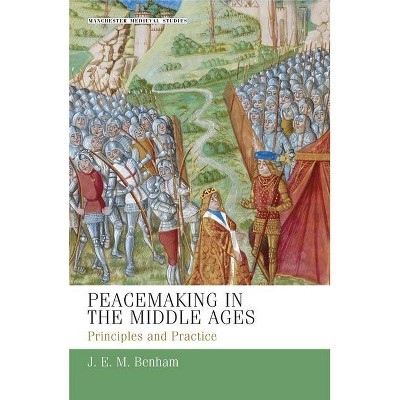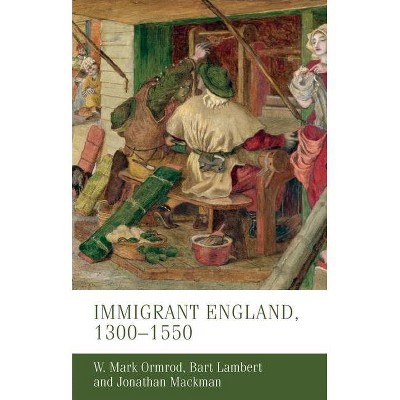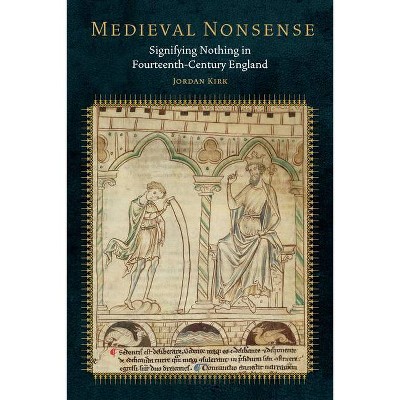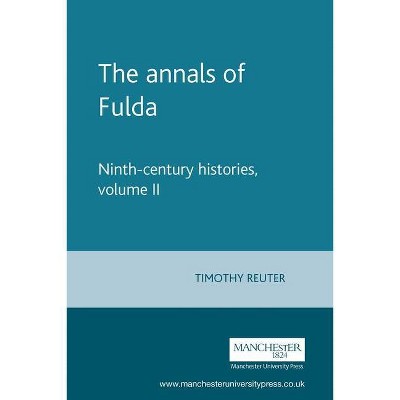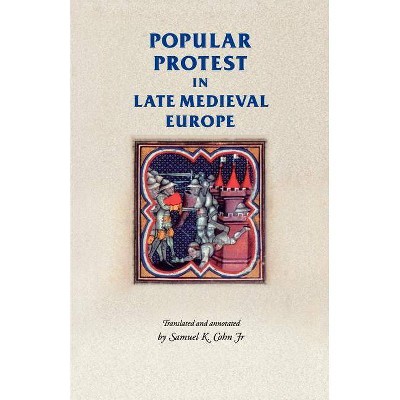Constructing Kingship - (Manchester Medieval Studies) by James Naus (Paperback)
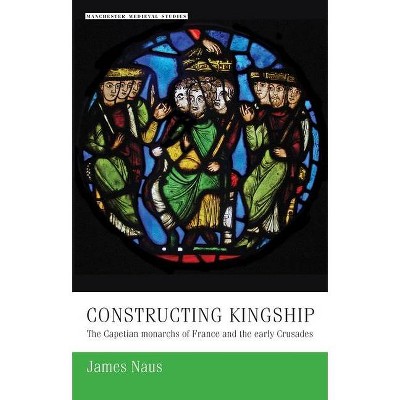
Similar Products
Products of same category from the store
AllProduct info
<p/><br></br><p><b> About the Book </b></p></br></br>This book examines the relationship between the Capetian monarchs of France and the Crusades, and considers the challenge to political authority that confronted them following their failure to join the early crusades, and their less-than-impressive involvement in later ones.<p/><br></br><p><b> Book Synopsis </b></p></br></br>Crusading kings such as Louis IX of France and Richard I of England exert a unique hold on our historical imagination. For this reason, it can be easy to forget that European rulers were not always eager participants in holy war. The First Crusade was launched in 1095, and yet the first monarch did not join the movement until 1146, when the French king Louis VII took the cross to lead the Second Crusade. One contemporary went so far as to compare the crusades to 'Creation and man's redemption on the cross', so what impact did fifty years of non-participation have on the image and practice of European kingship and the parameters of cultural development? This book considers this question by examining the challenge to political authority that confronted the French kings and their family members as a direct result of their failure to join the early crusades, and their less-than-impressive involvement in later ones.<p/><br></br><p><b> From the Back Cover </b></p></br></br><i>Constructing kingship</i> breaks new ground by examining and contextualizing the role of the crusades in the growth and development of the French monarchy in the Central Middle Ages. It considers the challenge to political authority that confronted the French kings and their family members as a result of their failure to join the early crusades and their less than impressive involvement in later ones. Crusading kings such as Louis IX of France and Richard I of England exert a unique hold on our historical imagination; it is easy to forget that European rulers were not always eager participants in holy war. The First Crusade was launched in 1095 and yet the first monarch did not join the movement until 1146, when the French king Louis VII took the cross to lead the Second Crusade. What impact did fifty years of non-participation in something that one contemporary compared to 'Creation and man's redemption on the cross' have on the image and practice of European kingship and the parameters of cultural development? Drawing together hitherto independent scholars traditions involving power structures, feudal relations, monarchy and ritual performance, <i>Constructing kingship</i> considers this question and argues that members of the French royal court engaged with the crusading movement in a variety of media, including texts, artwork, architecture and rituals. In a relatively short time, members of the court fused emerging crusade ideas with ancient notions of sacred kingship and nobility to create new, highly selective and flexible images of French history. Such images exploited the unknown future of crusading to create a space into which the self-fashioning of French kingship could insinuate itself. By the middle of the twelfth century, these negotiated images of crusading kingship were being widely disseminated to a popular audience, contributing to the rise of the 'crusader king' as an ideal ruler-type from the early thirteenth century onwards. Making an important interdisciplinary contribution to medieval scholarship, <i>Constructing kingship </i>will appeal to students and academics in crusades history and medieval political history.<p/><br></br><p><b> Review Quotes </b></p></br></br><br><i>'Constructing Kingship </i>is a valuable book which engages seriously with a theme, the impact of the crusades on royal action and ideology, which has been, as Naus points out (pp. 6-7), overlooked for far too long. Its central thesis is a stimulating argument which will hopefully inspire further research on this topic, and throughout the book Naus highlights many fascinating links between the crusades and the Capetian monarchy which are rarely considered together. The highlight of the book is undoubtedly the third chapter's marvellous textual analysis of Suger's <i>Gesta Ludovici Grossi</i>, which sheds important new light on one of 12th-century France's most important narrative sources.' <b>Mr Niall Ó Súilleabháin</b>, Trinity College Dublin, <i>Reviews in History</i> 'Naus has put his stamp on this most critical topic, and his book will now serve as a starting point for discussion of it.' Jay Rubenstein, University of Tennessee-Knoxville, <i>H-France Review </i>Vol. 17 (February 2017), No. 34 'A book that will be of use to students of kingship, holy war, and the cultural tumult of the central Middle Ages.' Matthew Gabriele, Virginia Tech, <i>Medieval Review </i>'Naus has produced a work for which there has been a sore need, which is engaging, well written, and thought-provoking.' Stephen Donnachie, Royal Studies Journal 'Overall, one will find this book an intelligently well written study, which is to serve as basis/groundwork for further research on this subject.' Boris Gübele, Göttingen, <i>Historischen Zeitschrift Heft</i> 309/1<br><p/><br></br><p><b> About the Author </b></p></br></br>James Naus is Associate Professor of History at Oakland University
Price History
Price Archive shows prices from various stores, lets you see history and find the cheapest. There is no actual sale on the website. For all support, inquiry and suggestion messagescommunication@pricearchive.us
